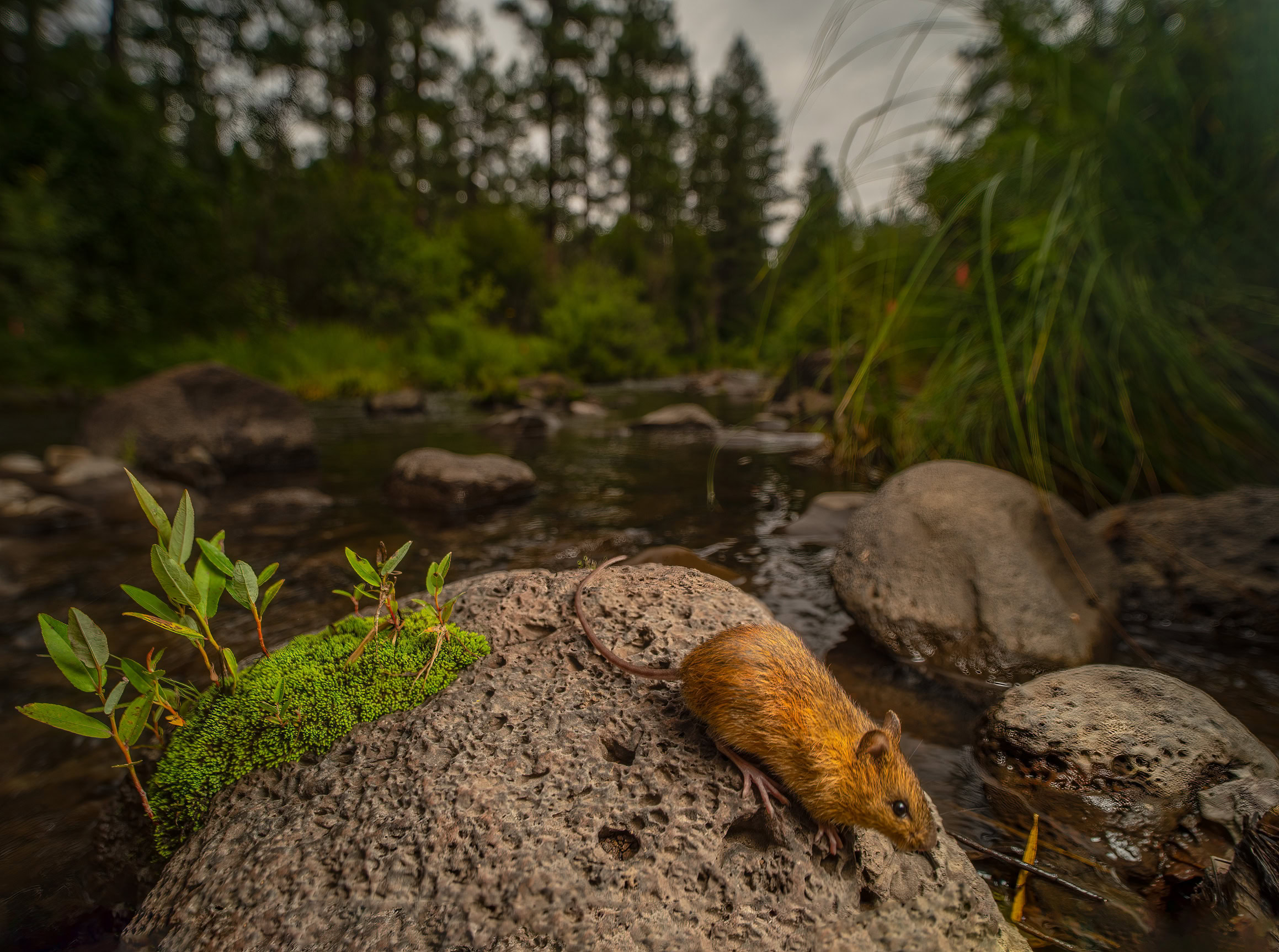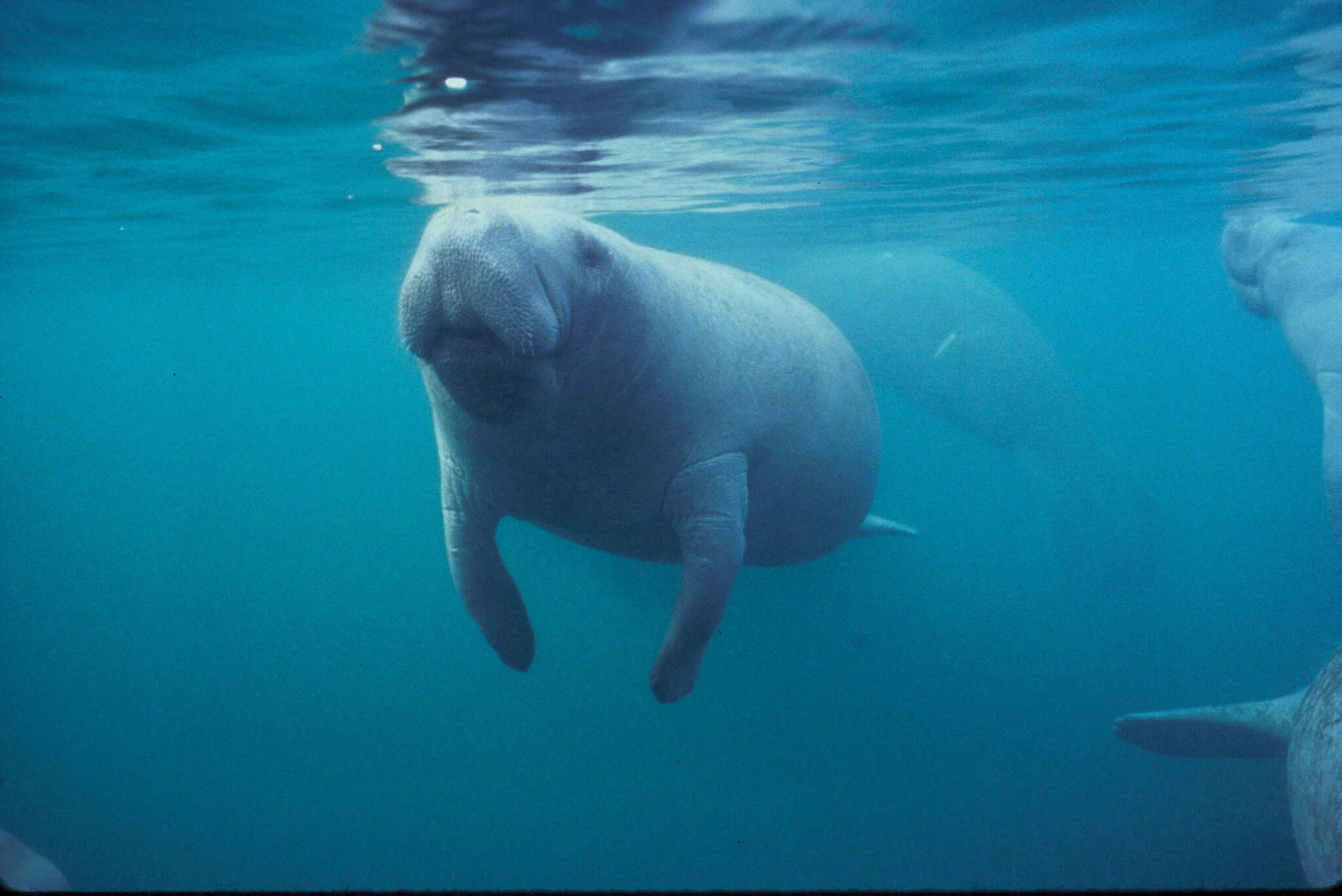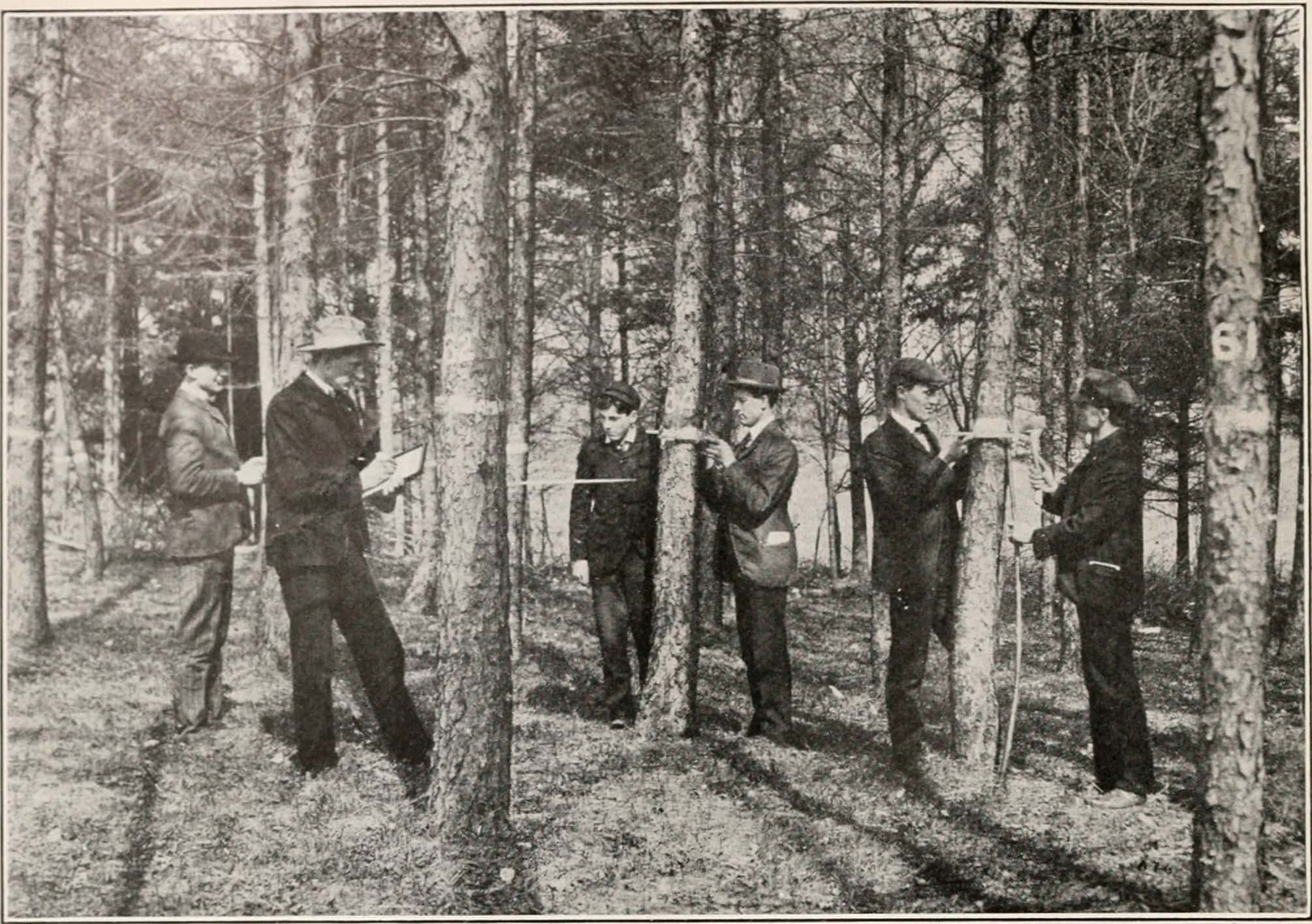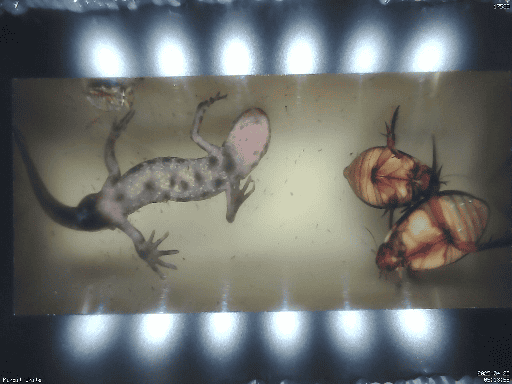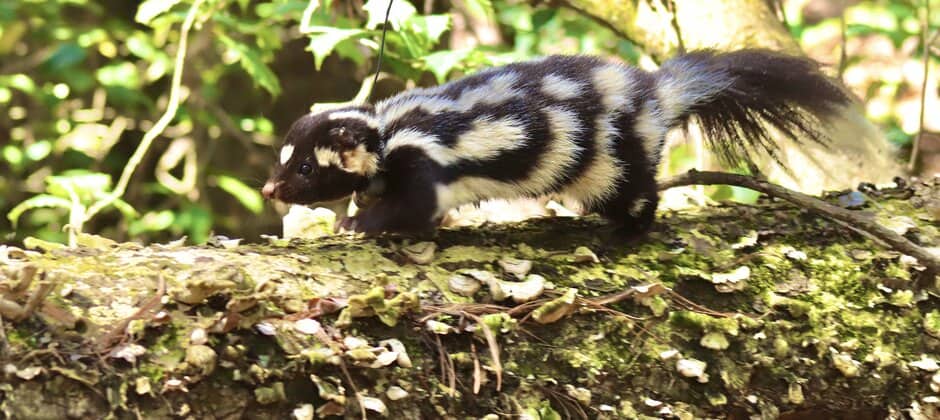
Eastern Spotted Skunk Cooperative Study Group recognized
When biologists started noticing a decline in eastern spotted skunks, states began listing it as a species of conservation concern. But scientists realized the species needed a broader collaborative effort...
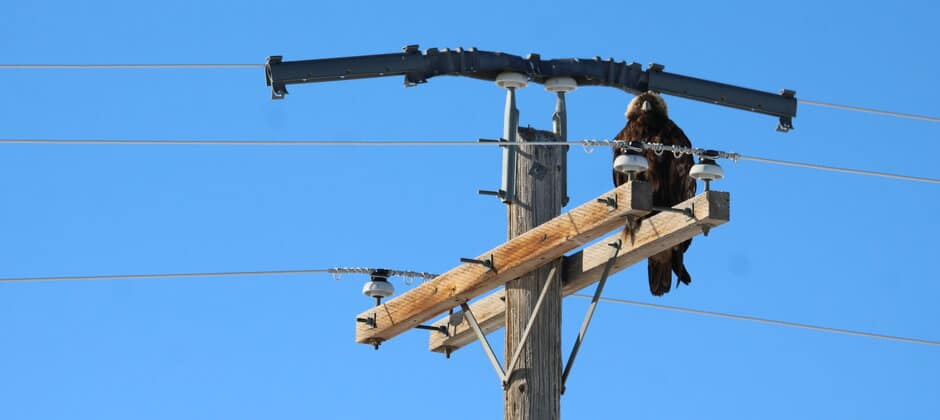
WSB: California bird electrocution hot spot causes fires
Electrocuted raptors aren’t exactly going out with a blaze of glory—but they’re certainly causing blazes in some parts of central California. New research has linked bird electrocution on power lines...
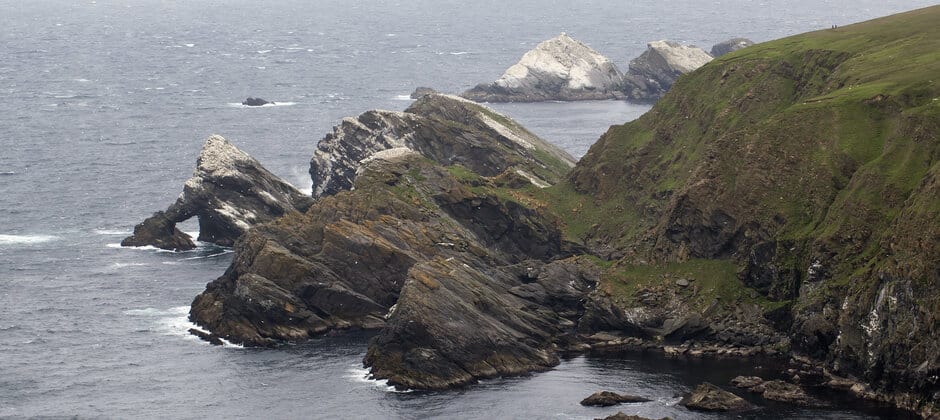
Avian influenza affects bird colonies in Shetland Islands
Seabirds in the Shetland Islands of Scotland are experiencing “unprecedented” numbers of die-offs from the highly pathogenic avian influenza. Species like northern gannets (Morus bassanus), great skuas (Stercorarius skua), and...

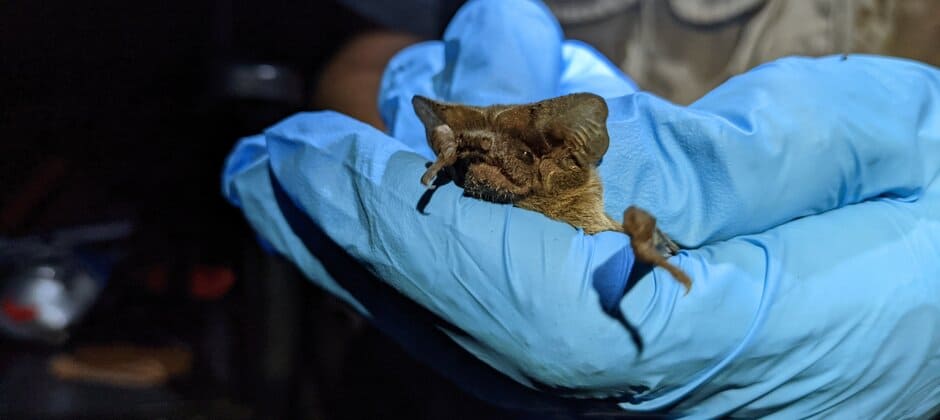
Early treatment the best way to protect bats from WNS
Wildlife managers looking to prevent widespread losses of bats to white-nose syndrome need to treat the fungal disease early and intensely. White-nose syndrome, a deadly disease caused by the fungus Pseudogymnoascus...
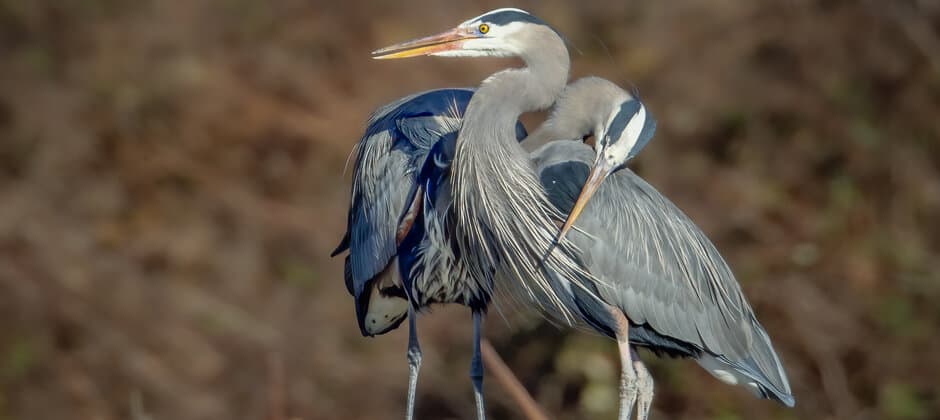
How did human activity during the COVID-19 lockdowns impact birds?
At the beginning of the COVID-19 pandemic, researchers began to worry about the fate of long-term wildlife monitoring programs. The Breeding Bird Survey of North America was put on pause...
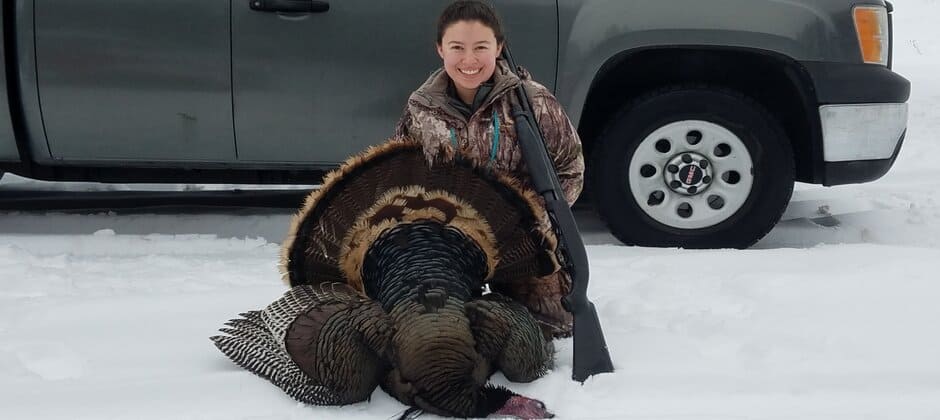
Wildlife Vocalizations: Nicole Alonso-Leach
Wildlife Vocalizations is a collection of short personal perspectives from people in the field of wildlife sciences. In a single word, the advice I would give to my 18-year-old self...

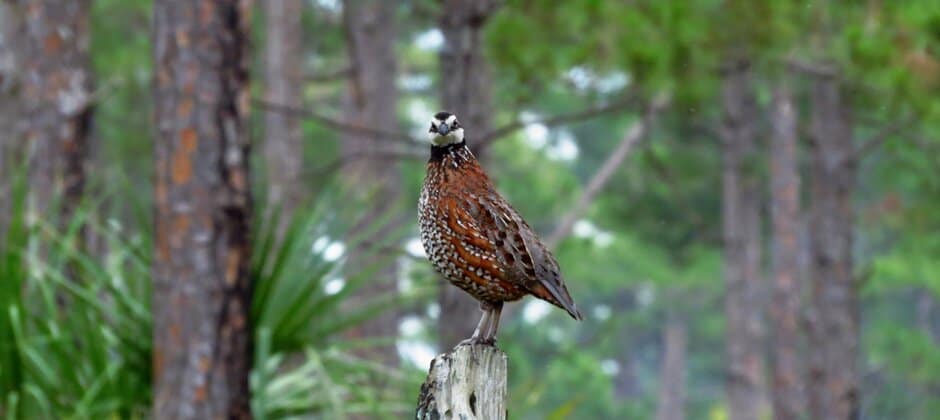
Private lands piece earns first Best Contributed Article Award
After a group of wildlifers came together to develop a special issue for The Wildlife Society Bulletin on the importance of private lands conservation in September 2019, they soon realized...
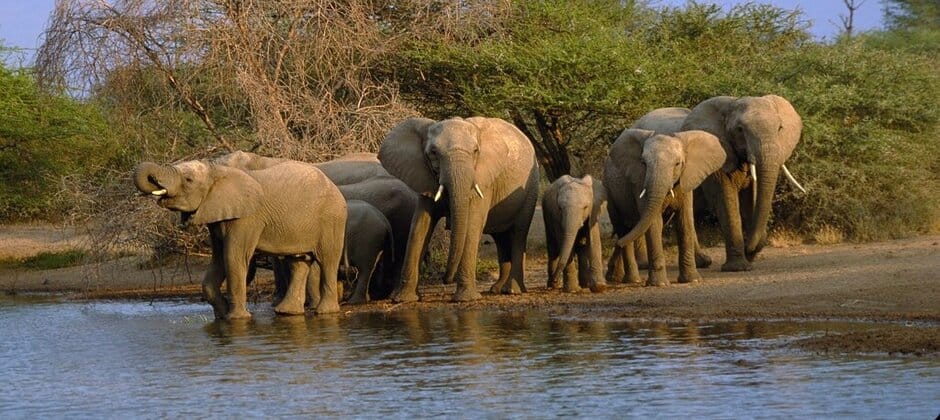
Poacher sentenced to five years for trafficking
A U.S. federal court has sentenced a man to more than five years in prison for poaching more than 100 elephants and more than 35 rhinoceros in Africa. Moazu Kromah,...
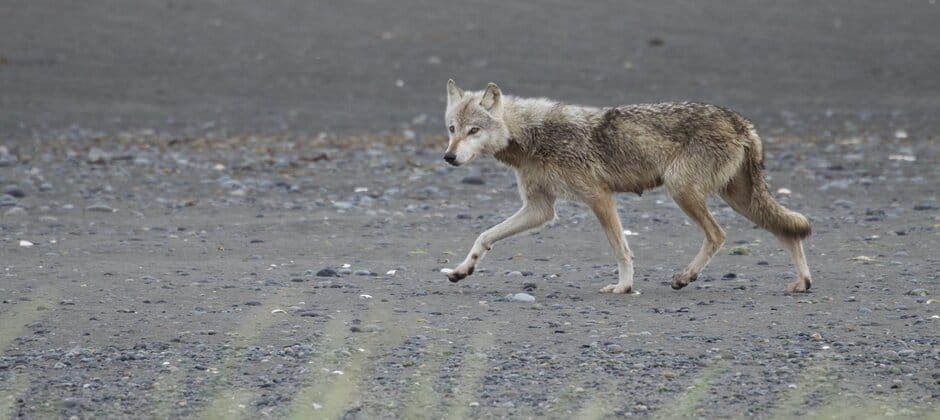
TWS2021: Katmai wolves prey on sea otters
The mountains and oceans surrounding Katmai National Park and Preserve keep it isolated from much of the rest of Alaska. The geography makes for a scenic view, but it also...




